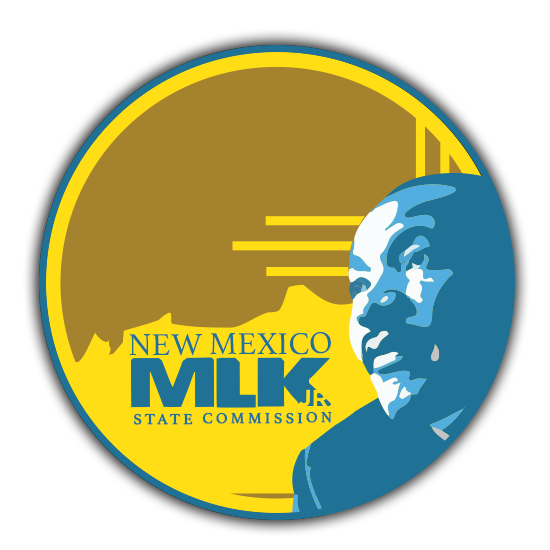1948
Is ordained as a Baptist minister1954
Becomes minister of Dexter Avenue Baptist Church in Montgomery, Alabama.December 1, 1955
Seamstress and civil rights activist Rosa Parks refuses to give up her seat on a bus to a white man, sparking the year-long Montgomery bus boycott. Within days, the Montgomery Improvement Association is founded to coordinate the boycott. King is elected president of the organization.January 30, 1956
King's house is bombed while he is at a meeting. His wife and daughter, home at the time, are uninjured.1956
After the U.S. Supreme Court rules that bus segregation laws are unconstitutional, the Montgomery boycott ends. King emerges as a national civil rights leader.1957
The Southern Christian Leadership Conference (SCLC) is established in Atlanta, with King as president.1960
Moves from Montgomery to Atlanta and becomes co-pastor of Ebenezer Baptist Church with his father.April 1963
King is arrested for leading a march in Birmingham, Alabama. While in solitary confinement he writes an essay entitled "Letter from Birmingham Jail."August 28, 1963
During the March on Washington for Jobs and Freedom, King delivers his famous "I Have a Dream" speech on the steps of the Lincoln Memorial. The demonstration is attended by more than 250,000 people.1963
Is named Time magazine's Man of the Year.July 2, 1964
King stands behind President Lyndon B. Johnson as Johnson signs the Civil Rights Act of 1964 into law.1964
Wins the Nobel Peace Prize.1965
Helps organize civil rights protests in Selma, Alabama.August 6, 1965
President Johnson signs the Voting Rights of 1965.April 4, 1967
King delivers a speech against the war in Vietnam in New York City.December 1967
The Poor People's Campaign is launched.April 4, 1968
King is assassinated in Memphis, Tennessee, by James Earl Ray.1976
The Senate Select Committee on Intelligence Activities releases a report stating that from 1963-1968 King was the subject of extensive FBI surveillance.1977
Is posthumously awarded the Presidential Medal of Freedom, by President Jimmy Carter.1983
President Ronald Reagan signs a law making King's birthday a federal holiday, to be observed annually on the third Monday in January.1980
The Martin Luther King Jr. Historic Site opens in Atlanta. It includes his birthplace, burial crypt, the Eternal Flame and Ebenezer Baptist Church.1991
The National Civil Rights Museum opens at the site of the Lorraine Motel in Memphis, where King was assassinated.April 23, 1998
King's assassin, James Earl Ray, dies in prison.June 9, 2000
The Justice Department announces the conclusion to an 18-month investigation. They find that there is no reliable evidence to support a conspiracy behind King's murder.January 30, 2006
Coretta Scott King dies at the age of 78.June 23, 2006
An Atlanta coalition pays $32 million for a collection of King's personal papers, to be stored at Morehouse College.November 13, 2006
The groundbreaking ceremony for the Martin Luther King Jr. National Monument in Washington, D.C. takes place. It will be the first monument on the National Mall dedicated to an African-American.October 16, 2011
The Martin Luther King, Jr. National Memorial is dedicated. The statue is located between the Lincoln Memorial and the Jefferson Memorial on the National Mall.

